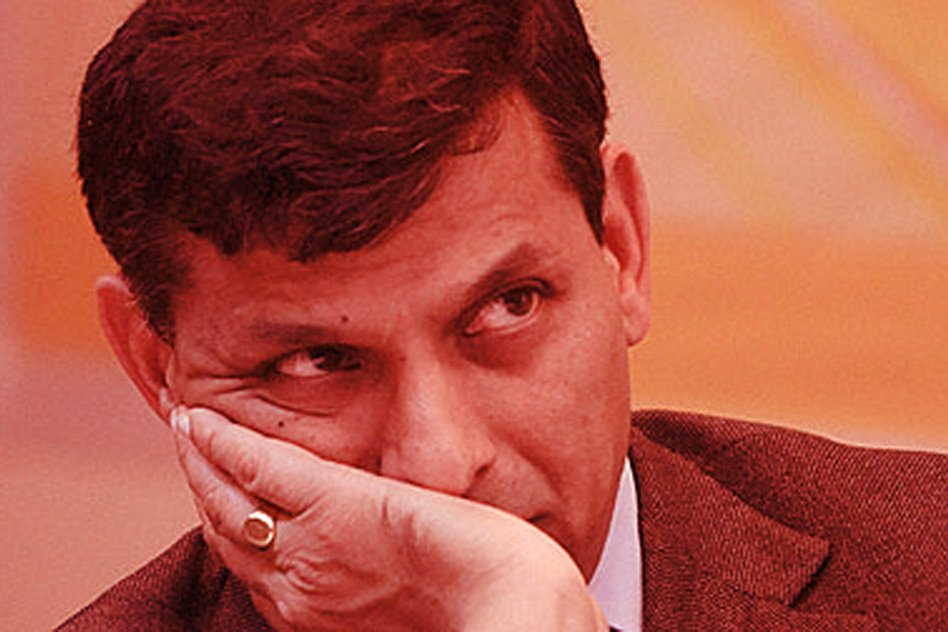Image Source: amazonaws
The recently revised draft of the Indian Financial Code (IFC) has raised many eyebrows of Indian economists and policymakers. It visibly diminishes the power of the RBI Governor and limits the autonomy of the central bank.
The 188-page draft of the proposed financial code gives provisions to the government to appoint a majority of the Monetary Policy Committee. Also, if the IFC comes into effect, the RBI Governor will not have a veto over interest rates.
The revised draft is based on the recommendations of the Financial Sector Legislative Reforms Council (FSLRC) headed by former Supreme Court judge BN Srikrishna.
According to the draft, the Monetary Policy Committee will consist of 7 members. 4 of them will be appointed by the Government, and the RBI will have a say in the appointment of only 2 members. The last member will be the RBI Governor, who will also head the Committee.
While some have welcomed the plan as a step towards modernisation, most critics have attacked the plan as a threat to the independence of the RBI and the formulation of monetary policy. The major point of friction is the plan to remove the RBI Governor’s de facto control over interest rates. The new plan will dilute the RBI’s influence and cause tensions between the central bank and the finance ministry.
The problem here is that when the Monetary Policy Committee will be composed of mainly people appointed by the Government, policymaking becomes politicized. These Government-appointed members will be expected to toe the Government’s line, which invariably has short-term views on growth and inflation. And this will hurt the national growth rate.
Let’s look at this from an international perspective. In the US the Federal Open Market Committee decides the interest rates. It is comprised of 7 members who are appointed by the President but each of whom should be ratified by the Senate. The Senate has the flexibility to nullify the nomination of any of the 7 members. In The UK the Bank of England’s monetary policy committee has 9 members, the majority of whom are appointed by the central bank.
Today, Finance Secretary Rajiv Mehrishi was at pains to explain whose draft proposal was it to withdraw RBI Governor’s veto in the proposed monetary policy committee as he contradicted Chief Economic Advisor (CEA) to say it was not a proposal of FSLRC but went on to add that it was not even a government move.
“People of India own this draft report,” he said, while seeking to put at rest the controversy generated by revised draft of the Indian Financial Code (IFC) that proposes to take away the veto power of RBI Governor in deciding the benchmark interest rate.
There is a need to make the economy free and trade easy. When the Government intervenes in the functioning of the central bank and politicizes the process, deadlocks and stagnancy can be expected. Mr Raghuram Rajan and his team have displayed competence and promise – it is best to let the RBI retain its independence.











